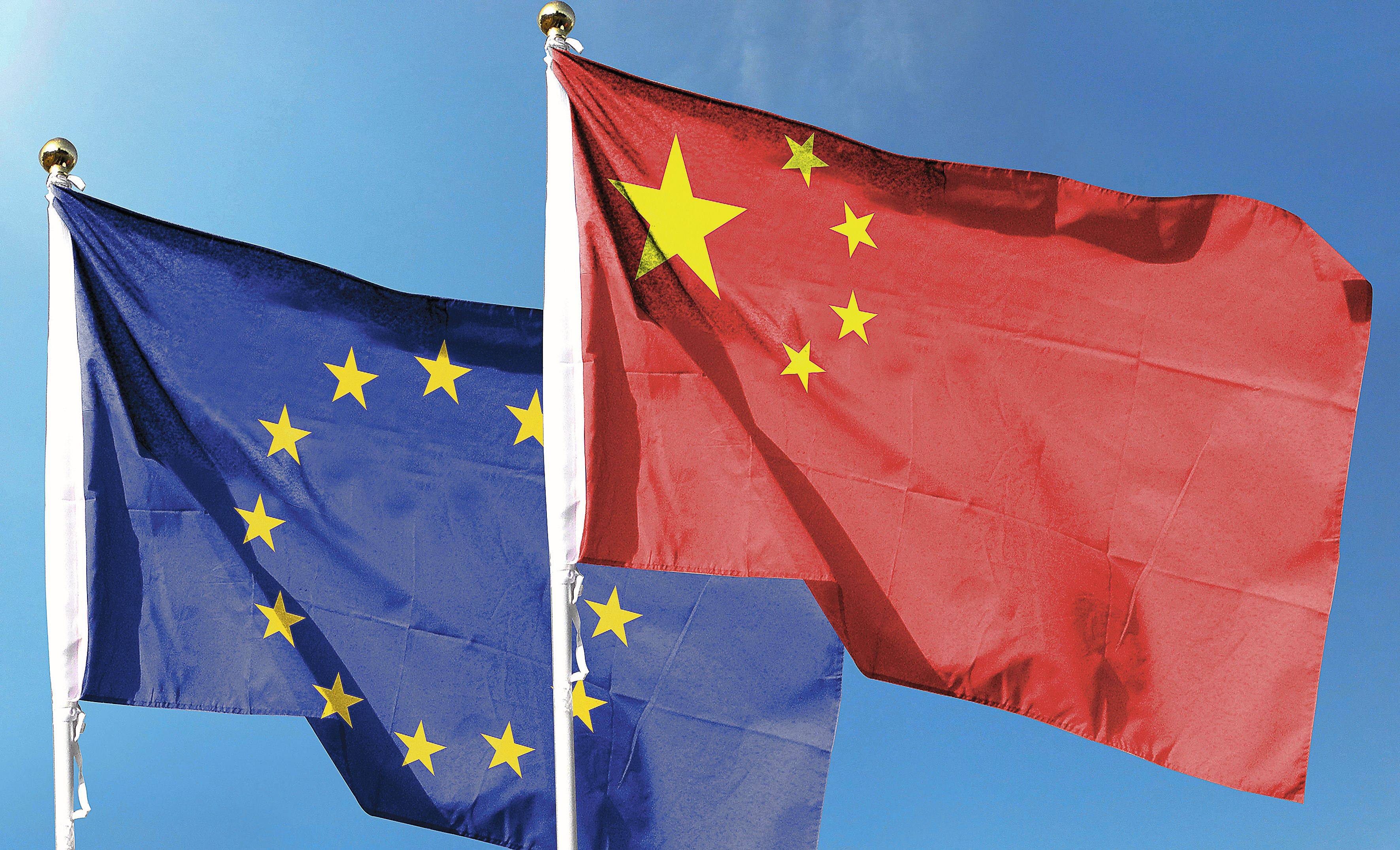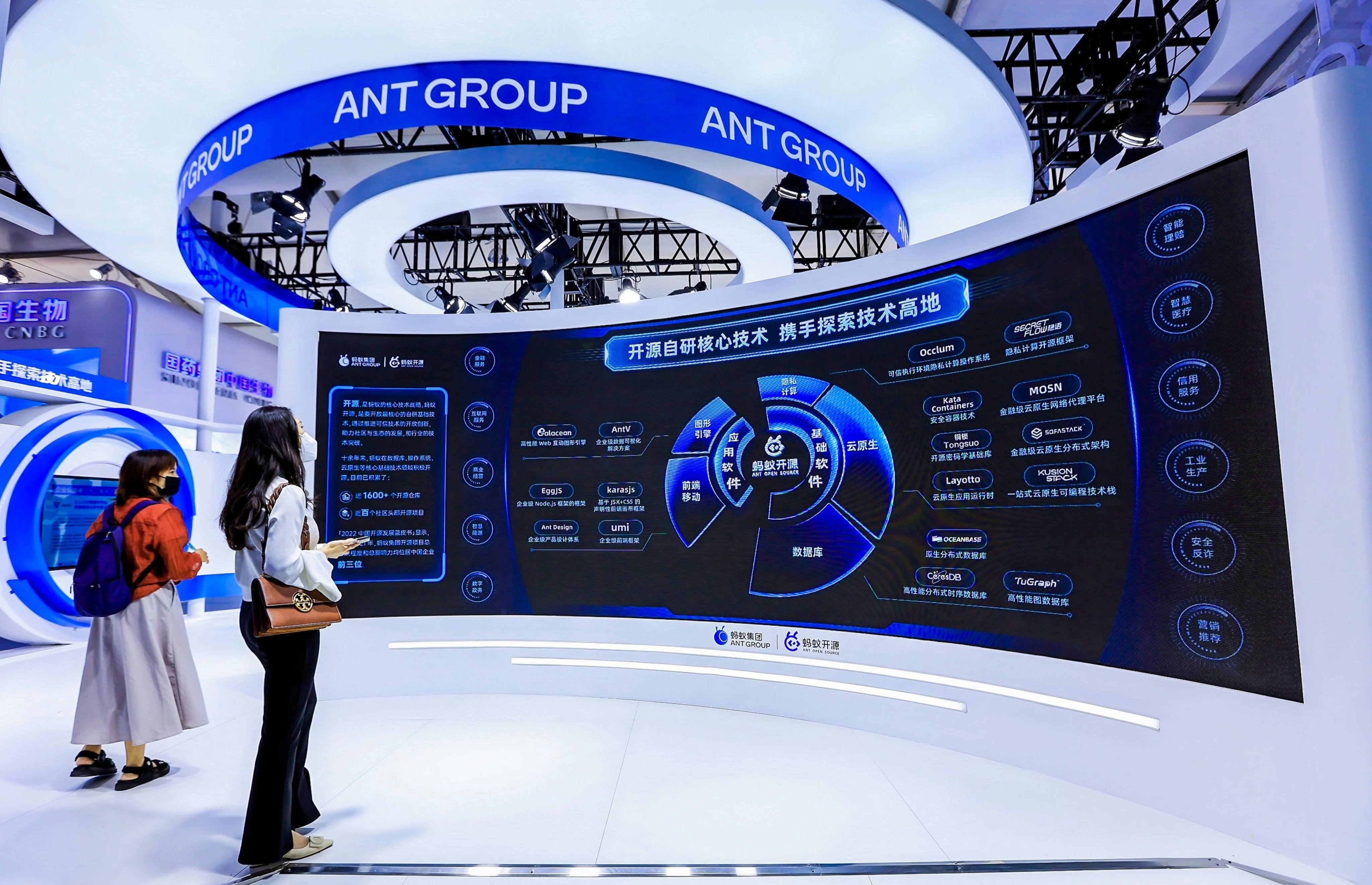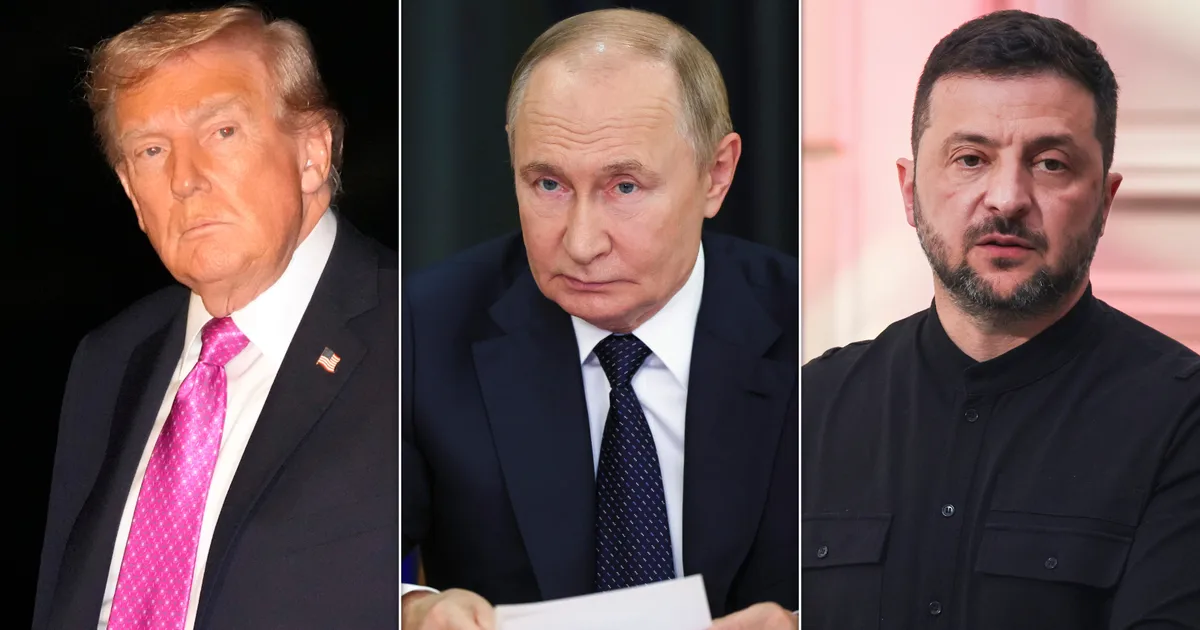By Finbarr Bermingham
Copyright scmp

At the start of this year, as US President Donald Trump returned to pummel the European Union and China with tariffs and threats, many expected a rapprochement between Brussels and Beijing.
Nine months in, however, gloom hangs over the relationship, as the bloc grows increasingly frustrated at the Asian giant’s action on trade and what it sees as its catalysing support for Russia on the battlefield.
“Some expected some kind of charm offensive by China … we haven’t seen a charm offensive. We’ve seen, rather, a worsening of our relations with China,” Maria Martin-Prat, the EU’s deputy director for trade, said at an event in Brussels this week.
An EU-China summit in July produced just one deliverable: a government-to-government alarm system that would help speed up the granting of rare earth export licences to European companies.
This was trumpeted as evidence that despite tensions, the sides could still make progress through dialogue, but it has failed to deliver.
A survey of European Union businesses released on Friday showed that just 13.5 per cent of their 141 applications had been approved, leading to seven “production stoppages in August” and a further 46 expected stoppages in September.
“What’s the point of an alarm system if when you ring it, nothing happens?” asked one EU official.
The dynamic – coupled with the ongoing tensions in the bloc’s relations with the United States – has led to a shift in focus.
Looking out at a world rampant with economic warfare, the EU is doing a stocktake of its own arsenal, looking to identify pressure points it can push, chokepoints it can weaponise, and ways it can deter economic bullying.
A “serious discussion” is also taking place within the European Commission about using its ultimate form of deterrence against China, an anti-coercion instrument, or ACI, popularly known as the “trade bazooka”.
While the ACI process is long, it gives the EU a panoply of potential retaliatory measures, ranging from tariffs, quotas and export controls, to market and public tender exclusions, to restrictions on access to EU capital markets and investment.
This discussion represents widespread and deep-seated frustration towards what is seen as Chinese intransigence. While rare earths appear to be the most logical use case for the tool, it could also help the bloc target China over its support for Russia’s invasion of Ukraine.
EU officials have noticed a new swagger from their Chinese interlocutors, who no longer display awkwardness when confronted with what is seen to be intensifying exports of dual-use goods to the Russian military. When warned that these exports would result in more sanctions, Beijing’s envoys promised that they would be sure to bite back.
A new sanctions package, to be presented to EU diplomats on Friday, is expected to blacklist more Chinese entities, but under pressure from Trump, the bloc has been looking for more creative ways to punish China.
His demand that Europe slap 100 per cent tariffs on Chinese companies buying Russian oil is not seen as viable, and although the bloc is weighing whether it could and should bend world trading rules, the action would blow them into smithereens.
Nor does the EU have the legal capacity to use secondary sanctions, another Trump demand. A more appropriate measure, observers suggest, is the first use of an anti-circumvention tool, which effectively lists an entire country, under certain product categories.
Discussions around using the ACI against Beijing, however, started before the summit, even if they remain at an early stage. Several diplomatic sources said the motion had not yet been taken to the council – made up of the EU’s 27 member states – which would ultimately have to approve its use. Three sources confirmed, however, that the ACI option remained firmly on the table.
After a noisy debate earlier this year about whether to use the ACI against the United States, efforts are now being made publicly to normalise the tool as just another WTO-compliant weapon in Brussels’ armoury.
Capitals clashed over the appropriateness of its use as Trump turned up trade tariffs, tried to force the bloc to change its digital laws, and repeatedly talked about seizing Greenland, an autonomous territory of EU member Denmark.
France and Germany were in favour of deploying the weapon, but the idea was shelved.
“With regards to the anti-coercion instrument, somehow we need to take a step back and stop thinking it’s like a bazooka or a nuclear option we should never use. Remember it doesn’t require unanimity [among EU members],” Martin-Prat told the event organised by the European Think-tank Network on China.
“The idea of the ACI was always to be as a deterrent but it is not impossible for us to use. Maybe at some point we will start qualifying it in a less exceptional manner.”
While the ACI was conceived to counter the tariff threat from Trump in his first term of office, support for its use galvanised after Beijing’s alleged coercion of Lithuania over its ties to Taiwan in 2021.
At the same time, the commission is fine-tuning an economic security doctrine, scheduled for release before the end of the year. The doctrine would for the first time give the bloc an overview of all the trade and economic weapons at its disposal and how they could work together.
At the heart of this is the push for deterrence. More and more, powers are turning to asymmetric measures as they identify chokepoints and leverage over rivals. European pork, dairy and brandy makers face Chinese tariffs in response to Brussels’ electric vehicles duties. Trump, meanwhile, has repeatedly threatened tariffs over everything from Europe’s digital laws to its trade-in-goods surplus.
While almost nobody sees the EU becoming more Trumpian, it would like to move more swiftly and decisively when its own dependencies are weaponised by the US and China.
“This is where the concept of deterrence plays a role … a dependency on China or any other country … is maybe something we can live with, insofar as we are capable of deterring the country from the weaponisation of that dependency,” Martin-Prat said.
Analysts welcomed the new focus, but suggested that Europe still faced an uphill struggle to engage in the sort of economic warfare seen elsewhere.
“Deterrence in the end of the day, hinges on credibility. And I think this is exactly where we have the key problem,” said Grzegorz Stec, head of the Brussels office at the Mercator Institute for China Studies, a German think tank.
“Because if we talk about credibility, we need it now. The ‘changes unseen in a century’ are evolving right now.”



